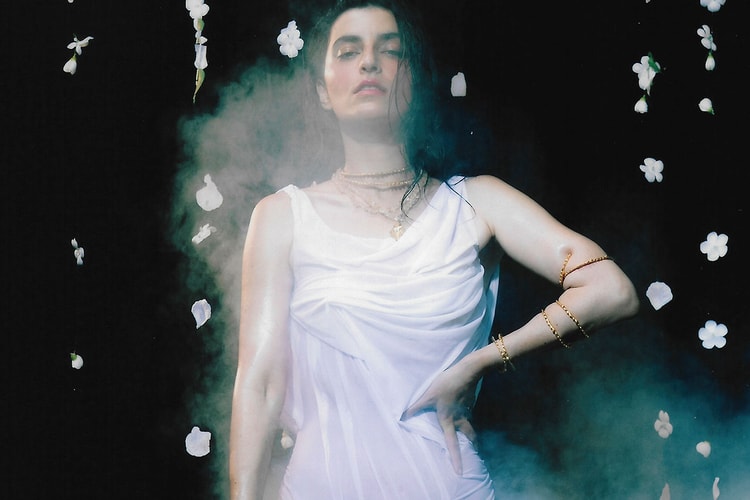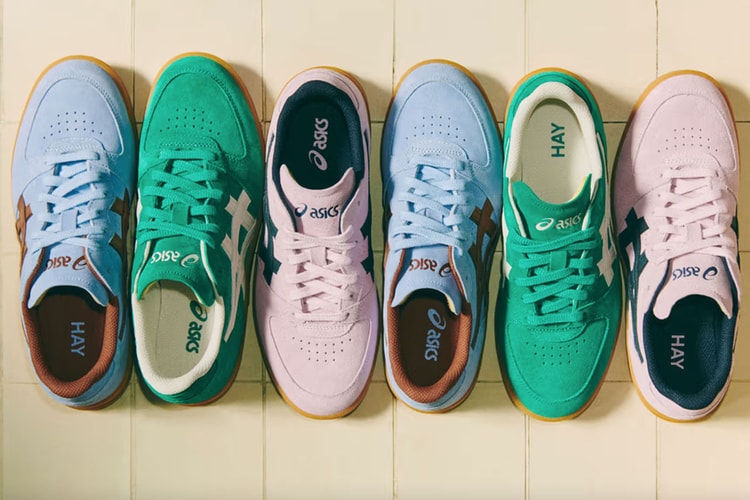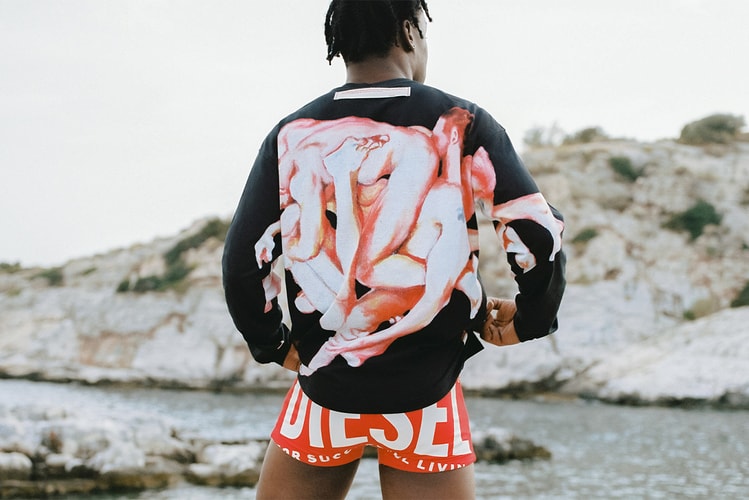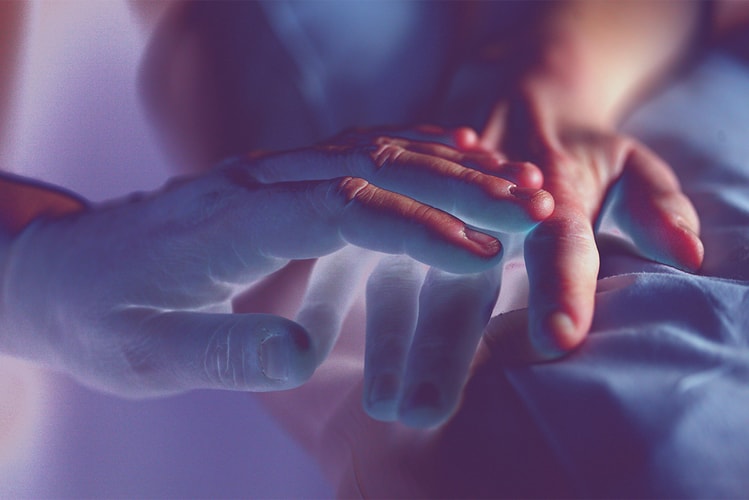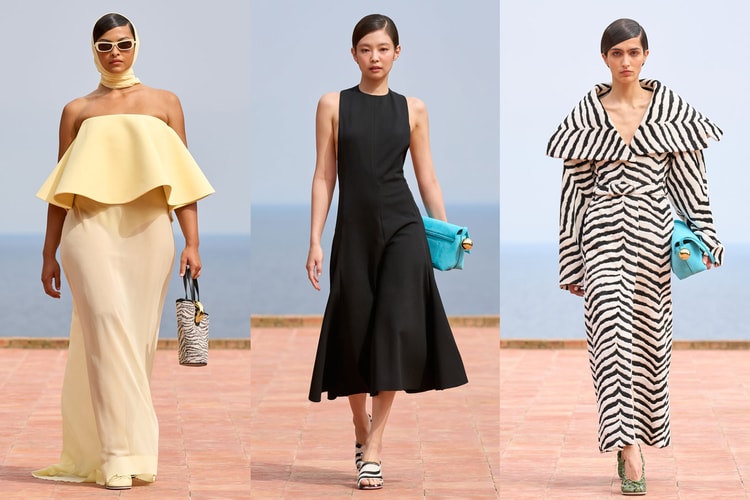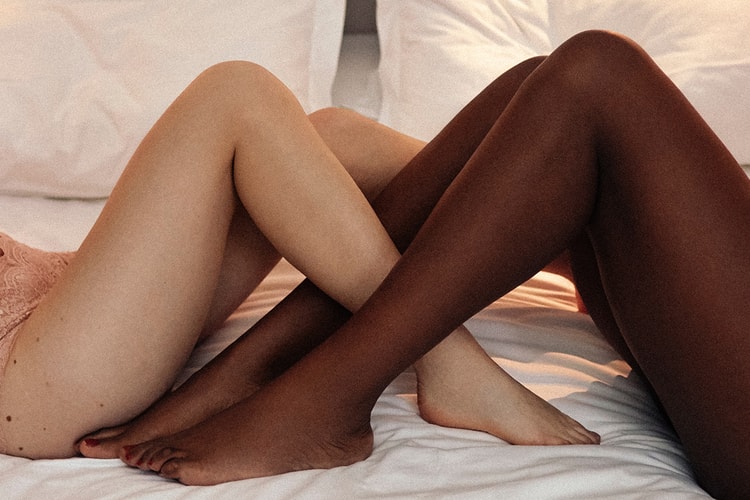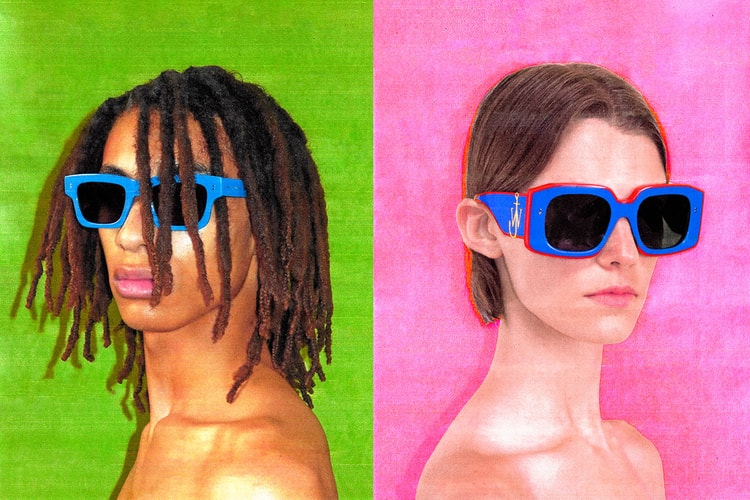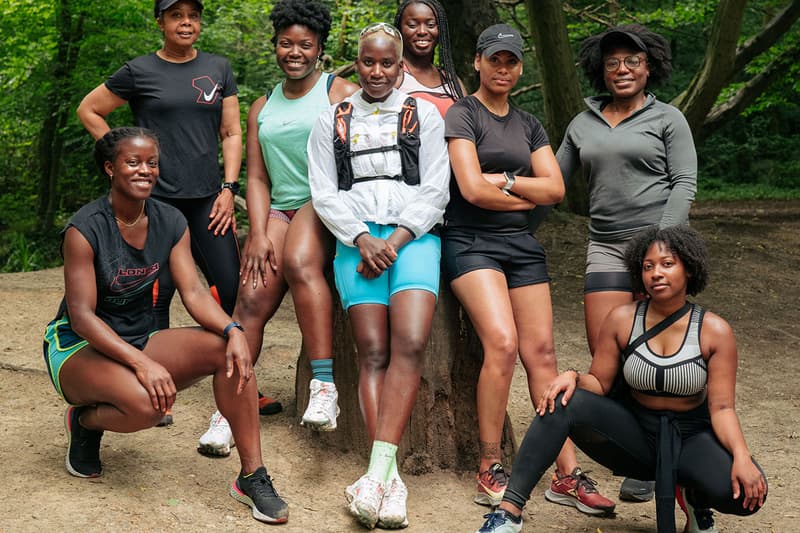
Nike Coach Dora Atim on Run Clubs, Mentorship in Sport and Fostering Community
For our first instalment of Sporting Goods, we shine a light on the founder of Ultra Black Running.
Dora Atim is on a mission to empower Black women. She founded Ultra Black Running a few years ago as a way to connect with like-minded individuals who understood her anxieties and struggles without explanation. It’s since become a blossoming community and safe space for both Black women and non-binary people, connecting them through their shared love of running and the outdoors.
View this post on Instagram
As a Nike Well Collective Run Coach, mentorship and community have always been a part of Atim’s life — initially as something she longed for herself and eventually, as something that came naturally with being a club founder. In its infancy, the sporting world had very few female role models for aspiring athletes to look up to, something which Atim felt was lacking as she progressed through her own sporting journey.
“It’s a lot of pressure, to feel like you have to be a certain way but I also want to do as much as I can to support because I know I needed that when I was younger. I didn’t have that,” she tells us.

“When I look back at my running leaders and coaches, they were all men. I wasn’t going to go up to a man and be like ‘Hey, I’m not going to run as fast today because I’m on my period.’ So, I recognize that now, and how important that is and how much I want to continue to provide that,” Atim adds.
As we gear up for a summer of sport with the Olympics and the Euros, we caught up with Atim to find out more about her journey into sport, the importance of mentorship and how she defines the word community. Read on for more from our conversation with the Nike coach and run club founder.
On Her Relationship With Sports
Growing up, I wasn’t a sporty child. I did the normal things like playing outside, as you do when you’re a kid, but it wasn’t until secondary school that I took an interest in P.E. (physical education). I took the subject for GCSE but even then, I wasn’t considered sporty — I was more of a dabbler. That was the end of physical activity for me until after college, when I got a job and I was struggling with my relationship with my body. A friend suggested we sign up for a gym and I tried a boxercise class which I loved — but I was terrible. A few months down the line, I’d been boxing quite consistently and the coach took me down to his boxing gym and I realized, “wow, this is what hard work feels like.”
I wanted to know how to get better without fighting and the coach suggested running. I fought with that idea because, to me, everyone who runs is really skinny and has been doing it since they were a kid. I did start, but I went running at midnight so no one could see me, in baggy clothes and my Nike Air Max. After a month, I was sort of not hating it, beginning to push myself and eventually built up to a 10k. I still didn’t call myself a runner, but I felt like one.

On the Rise of Run Clubs
When I joined my first [run club] it was actually the Nike Run Club. Everyone was talking about pacing and marathons, I didn’t know what any of it was. Everyone seemed cool, I was running in a group and it was free, so I thought “why not?” and eventually, I became really curious about whether or not I was getting better. Now, there’s a lot of discourse around the rise of the running influencer and the run club which, actually, I think is great.
At the end of the day, I honestly think that the more people that run and the more brands that compete with each other, the more people that keep moving. It just shows that people are being inspired and motivated to do something other than be in a pub or go to the bar. Running clubs are bringing people together and as a result, people are finding new friends. We’re seeing a lot of habit changes post-pandemic, and we’ve seen a need to look after our health way more than ever. It’s promoting health and I think it’s amazing. The more people that are moving, the better.
On Mentorship in Sport
There’s a rise now in women in sport and women’s running, there’s definitely more investment in that space but for me, mentorship is key. It’s so important. I didn’t realize it until I spent some time reflecting on everything I’d done over the years, and I came to a point where I noticed just how many young girls were around me listening. I knew I had a responsibility and that a lot of people are watching. It’s a lot of pressure, to feel like you have to be a certain way but I also want to do as much as I can to support because I know I needed that when I was younger.

On Creating Ultra Black Running
Being in these running spaces, I’ve obviously always looked up to all the run coaches and they were very inspirational and motivational — but most of them were men. As years went by, I noticed a lack of women in these leadership and coaching spaces, they just weren’t being amplified. I wanted to see more of that. In the early part of my career, I’ve been coaching from the age of 16, working with kids and adults and I felt like I could really try and take on that role of trying to inspire other women. Back then, we definitely weren’t seeing as many women of color running. The only women I could relate to who were running long distances were elite athletes. I felt like, I’m not there, I’m sort of in between. During the pandemic, I felt like it was so hard to exist in the world and I didn’t know how to show up online and didn’t even want to be online.
I was feeling really anxious and when I started to tap into that feeling and lean into it, I realized that my whole MO was the women and the community. We came together and that’s actually how Ultra Black Running was formed. We didn’t have to explain ourselves, we just came together and talked and ranted and everyone in the group automatically understands what you’re talking about. It was an actual safe space. I realized that I’d ended up in a leadership role and it became a real passion project.

On What Community Means to Her
Community is one of those fun words that’s been thrown around a lot, but it means something different for everyone. For me, the idea of community is something that builds by itself and that you can put your energy into. My community was built through authentic relationships. It just naturally happens. I’ve just tried to listen to what they want as opposed to making it about me because although Ultra Black is my community, it’s not for me, it’s for the people that benefit from it. It’s more about just letting things happen naturally and authentically.
On the Future of Women in Sport
I still feel like women’s voices need to be amplified so much more. Especially when it comes to women’s safety, for example, we actually don’t know how we can make women feel safe. There’s nothing that anyone can sell. It’s tough, but I think conversation is key and constant collaboration. I think the future is, I don’t want to say inclusive, but inclusive, and we’re kind of seeing it happening now with more people and brands engaging runners. I hope we continue to bring people into the mix to speak about things, but I feel like there’s still a very long way to go.













